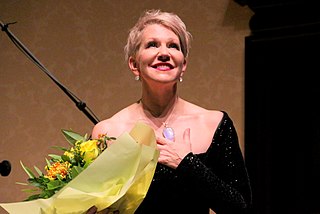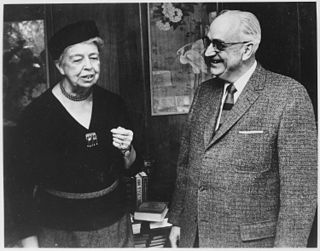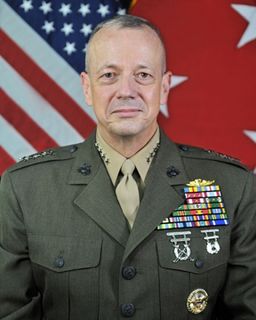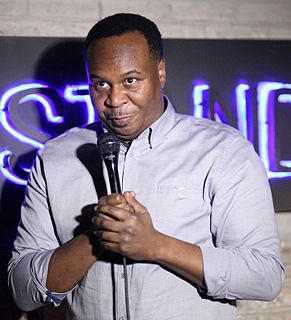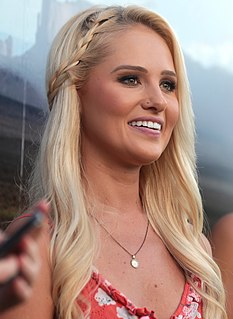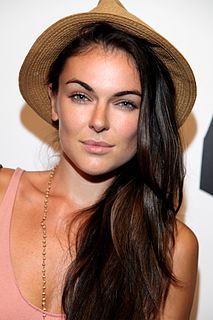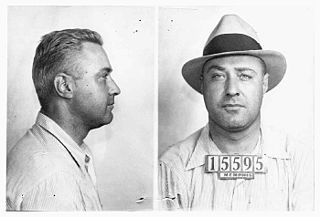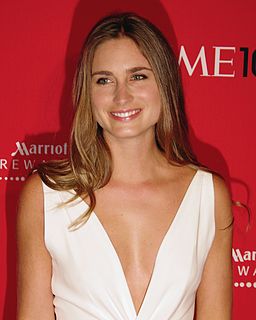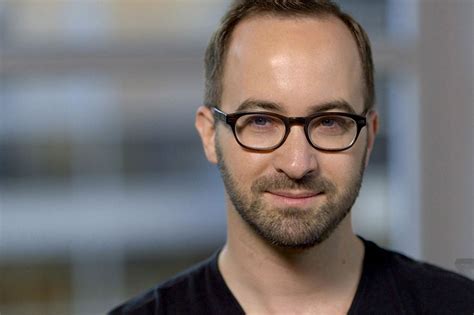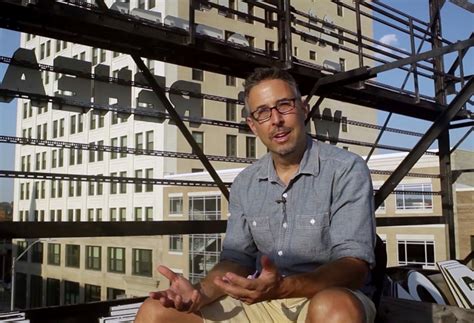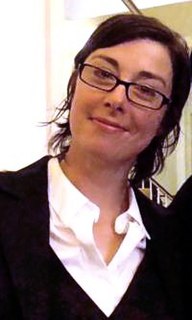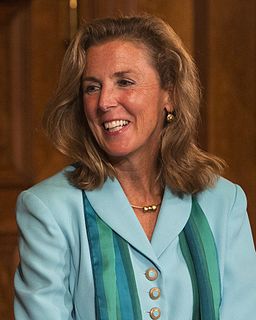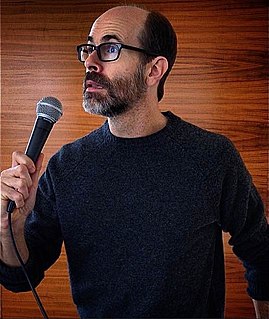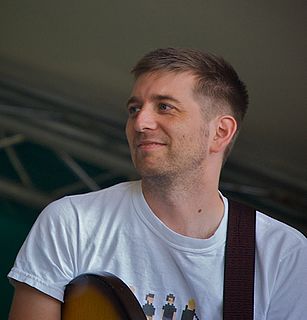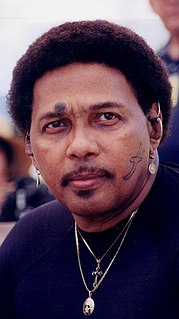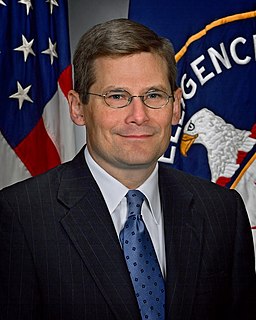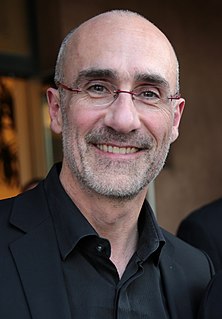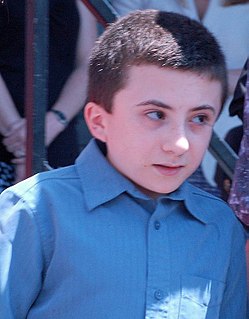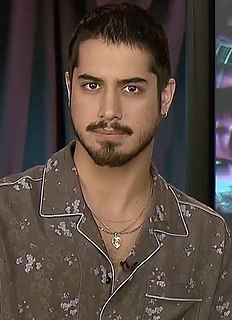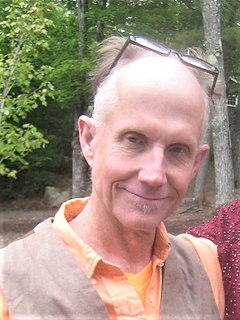Top 1200 Narrative Voice Quotes & Sayings - Page 3
Explore popular Narrative Voice quotes.
Last updated on October 12, 2024.
Because for me to go fully experimental, it would turn into an artist book actually. And I'm not opposed to that. But I wanted to toy with the conventions of traditional narrative and sometimes to do that all the way, you have to actually utilize traditional narrative, I think - or it's one way to do it.
The simple circumstantial narrative (did such a narrative exist) of the ruin of a single town, of the misfortunes of a single family, might exhibit an interesting and instructive picture of human manners; but the tedious repetition of vague and declamatory complaints would fatigue the attention of the most patient reader.
Ideally, writers and narrative designers should be included much earlier in the process, where they can be of most benefit. However, although the industry is slowly getting used to fitting narrative professionals into games development, we're still going through a bit of a 'square-peg in a round hole' phase.
Trump is such a unique candidate. He's incredibly polarizing. But I see the same kind of blinders on the left. There's perhaps a little less anger, but there is nothing that Hillary Clinton can do to stop most of this nation from voting for her. You do see people who are just buying into the narrative they want to hear, and they are pushing out the narrative they don't.
When you recognize that there is a voice in your head that pretends to be you and never stops speaking, you are awakening out of your unconscious identification with the stream of thinking. When you notice that voice, you realize that who you are is not the voice - the thinker - but the one who is aware of it.
But I'm pretty lucky with my voice. When I first started touring I went to see a woman to give me some coaching on how not to lose my voice. And she was just saying really your voice is a muscle so if you're using it all the time you should actually come back from tour with a stronger voice than you left with. And that's really how I find it.
I think of myself as a narrative artist. I don't think of myself as a novelist or screenwriter or playwright. All of those modalities of processing and experiencing narrative are obviously very different, and I'm not sure that I prefer any one to the other. I think the novel gives you the opportunity to have a kind of interiority that you can't have in the theater, which is pure exteriority.
When it comes to the form the narrative will take, whether first person, third person, or Aunt Grace's cat, I usually find that the story tells me which voice it prefers, and that often changes as I go along. And in the end it really doesn't matter as long as the author can rig those voices all in harness to pull the same load.
I had to get the voice back, the precise pitch of Sid's voice and I'd forgotten that I'd pitched him higher than my regular voice, so that was a little difficult to begin with. It was especially hard because we started recording in the morning so I had to warm up a lot and my usual voice is a little more gravelly.
Because I love narrative but am more lyrically inclined, I've learned that if I freight titles with narrative information (the who, what, when, where, why of the poem), I can get to my main interest, which is the language, and where it wants to take me. If I can establish the poem's occasion in the title, then so much the better for my freedom to associate.
I have a voice inside. A voice that I am forever trying to silence. A voice that calls me in when I want to be out, playing. A voice that is always sad. That is always terrified. That always wants to sit in the darkened room, away from noise and movement and colour - away from any experience that could prove to be challenging.
I entered the literary world, really, from outside. My entire background has been in sciences; I was a biology major in college, then went to medical school. I've never had any formal training in writing. So what I know about writing, I know from my own instincts, and whatever the narrative voice is in my own head.
The close-up has no equivalent in a narrative fashioned of words. Literature is totally lacking in any working method to enable it to isolate a single vastly enlarged detail in which one face comes forward to underline a state of mind or stress the importance of a single detail in comparison with the rest. As a narrative device, the ability to vary the distance between the camera and the object may be a small thing indeed, but it makes for a notable difference between cinema and oral or written narrative, in which the distance between language and image is always the same.
Ever since I was first read to, then started reading to myself, there has never been a line read that I didn't hear. As my eyes followed the sentence, a voice was saying it silently to me. It isn't my mother's voice, or the voice of any person I can identify, certainly not my own. It is human, but inward, and it is inwardly that I listen to it. It is to me the voice of the story or the poem itself.
Sangeeta Bandyopadhyay is a stylistically daring writer in love with surrealism, credited with being 'the woman who reintroduced hardcore sexuality to Bengali literature'. But though the (male) establishment used this label of erotica to dismiss her work, the sex scenes have exactly the same transgressive function as her use of chronology and narrative voice.
John Lane has long been recognized as one of the South's finest poets and memoirists. This debut establishes him as one of our finest novelists as well. His poet's eye for detail seamlessly merges with a born storyteller's gift for narrative. Fate Moreland's Widow gives voice to those who endured one of the most painful and neglected chapters in American history.
So much of what I love about poetry lies in the vast possibilities of voice, the spectacular range of idiosyncratic flavors that can be embedded in a particular human voice reporting from the field. One beautiful axis of voice is the one that runs between vulnerability and detachment, between 'It hurts to be alive' and 'I can see a million miles from here.' A good poetic voice can do both at once.
Like Hemingway and Faulkner, but in an entirely different mode, Fitzgerald had that singular quality without which a writer is not really a writer at all, and that is a voice, a distinct and identifiable voice. This is really not the same thing as a style; a style can be emulated, a voice cannot, and the witty, rueful, elegaic voice gives his work its bright authenticity.


